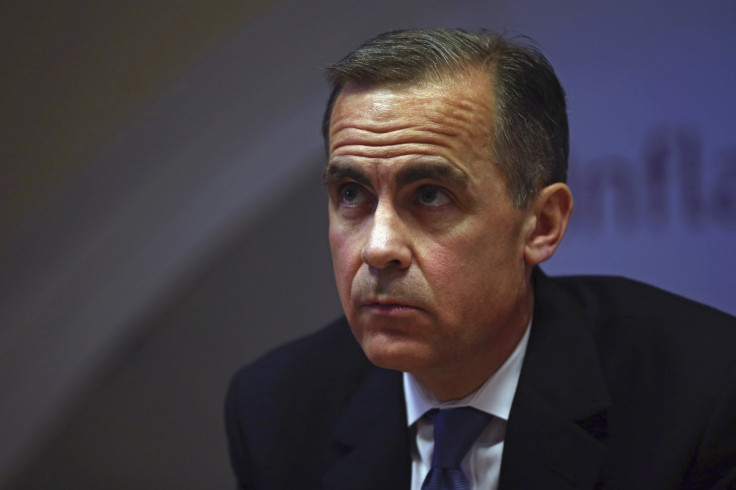Bank of England Shows Early Signs of Split on Interest Rates Hike Timing

Bank of England policymakers are showing signs of a split in the consensus on when will be the right time to hike interest rates in the UK.
The base rate has been at its record-low 0.5% for over five years. This is to keep the cost of credit down so money still flows from the banks into the real economy of consumers and businesses, therefore supporting the UK's economic recovery.
Now the economy is recovering strongly and the Bank of England forecasts that GDP growth will be around 3% in 2014. Markets expect the MPC to increase interest rates, gradually, in early 2015.
Minutes from the May meeting of the Bank's monetary policy committee (MPC) show there was disagreement over what signals from the economy say about the level of spare capacity, particularly the slack in the labour market, and what this means for when the base rate should be raised.
According to the minutes, there was "a variety of views on the appropriate path of monetary policy". This was in part because of disagreement over the Bank of England's estimate that there is spare capacity in the economy of between 1% and 1.5% of GDP.
"There was considerable uncertainty around that central estimate ... and a range of views on the committee," said the minutes.
"Among the elements on which members held different views were: the extent of slack remaining within companies; what proportion of self-employment represented labour market slack; and the extent to which increases in employment might at the margin add less to the productive capacity of the workforce than factored in to the committee's projections.
"On the committee's central view, the pace at which slack would be absorbed was expected to slow from the end of 2014 as GDP growth eased slightly and productivity growth picked up. But there was considerable uncertainty around that central path, and a range of views among committee members.
"The evolution of slack would depend on the timing and strength of the rebound in productivity growth and on other developments in the labour market as the recovery continued, including the ease with which the longer-term unemployed were able to find work and the persistence of people's desire to work longer house as their incomes increased."
Despite the differences in opinion, the nine member MPC voted unanimously to keep the base rate where it is in May.
© Copyright IBTimes 2024. All rights reserved.






